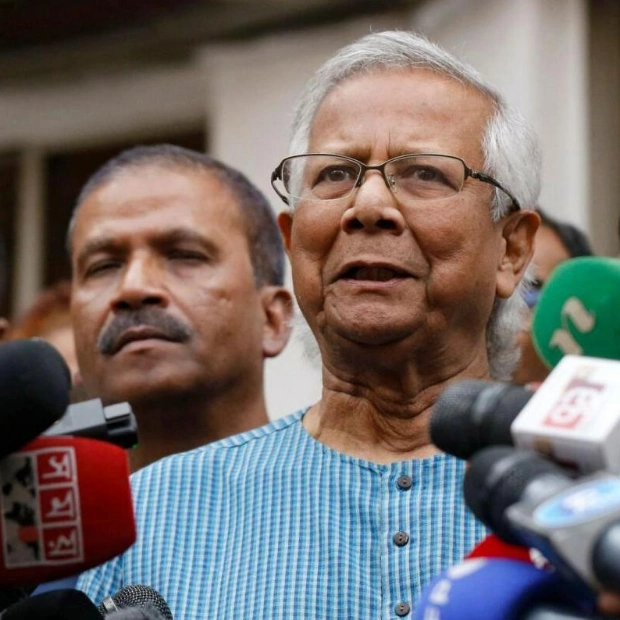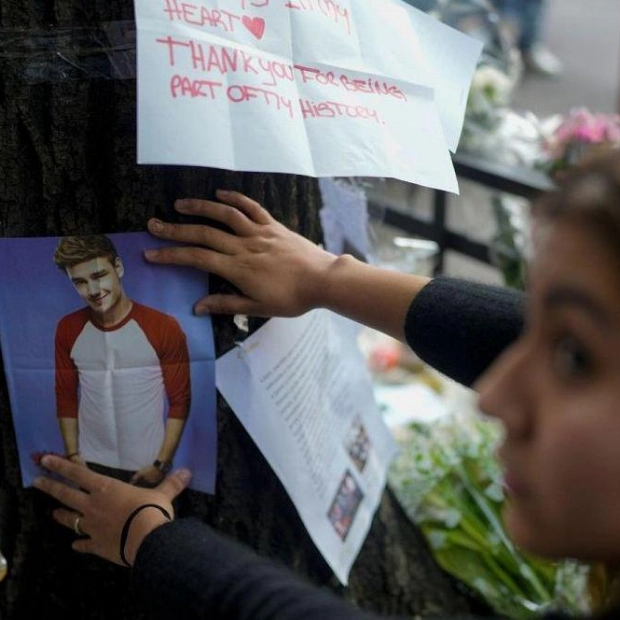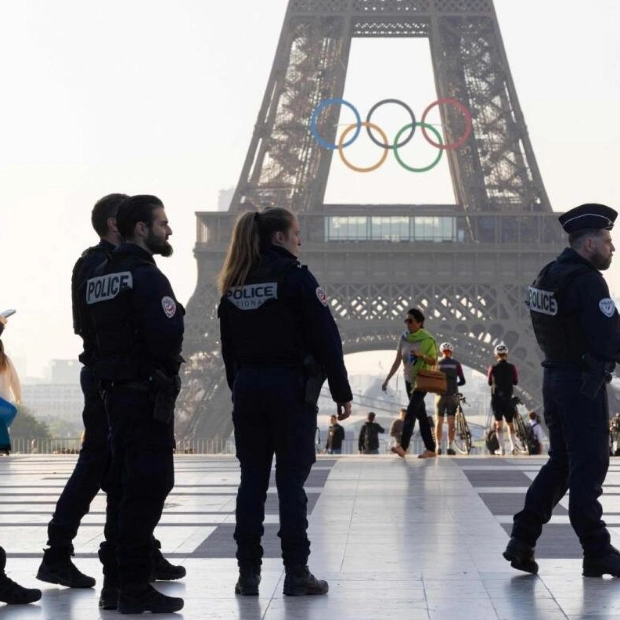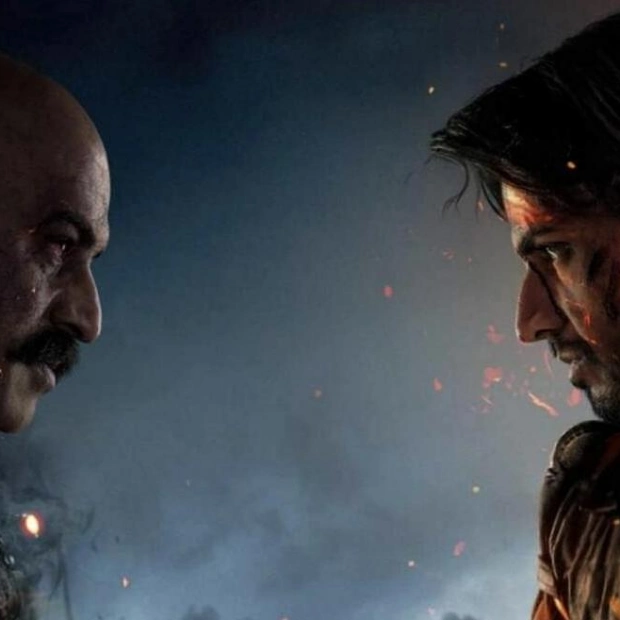Explosions, air strikes, and gunfire reverberated across northern Gaza on Saturday, marking the third day of an Israeli military operation that has displaced tens of thousands of Palestinians and exacerbated the already dire living conditions in the region, as described by the UN as 'unbearable'. An AFP correspondent documented continuous explosions in the Shujaiya district near Gaza City, where a local resident reported seeing bodies strewn across the streets. The Israeli military confirmed ongoing operations in Shujaiya, stating that the intense combat, both above and below ground, had resulted in the deaths of a 'large number' of militants. This renewed conflict in the area follows Israel's earlier claim of dismantling Hamas' command structure in northern Gaza just months prior. Last Sunday, Israeli Prime Minister Benjamin Netanyahu announced that the 'intense phase' of the conflict was nearing its end after nearly nine months, though experts predict a potentially protracted next phase. The Gaza conflict has also heightened tensions along Israel's northern border with Lebanon, prompting Iran to issue a warning of an 'obliterating' war if Israel were to attack Lebanon. The conflict began with Hamas' October 7 attack on southern Israel, which led to the deaths of 1,195 people, predominantly civilians, according to an AFP tally based on Israeli figures. Hamas also took hostages, 116 of whom are still held in Gaza, although the Israeli army reports that 42 are deceased. Israel's retaliatory offensive has claimed the lives of at least 37,834 people, mostly civilians, as reported by the health ministry in Hamas-run Gaza, which also noted at least 69 fatalities in the preceding 48 hours. Mohammed Harara, 30, recounted the harrowing experience of fleeing his home in Shujaiya with his family, leaving behind all their possessions due to the relentless bombardment by Israeli planes, tanks, and drones. The Israeli military announced on Friday that it was conducting 'targeted raids' supported by air strikes against Hamas militants in the Shujaiya area. The United Nations humanitarian agency OCHA estimated that between 60,000 to 80,000 people had been displaced from the area this week. AFPTV footage showed men transporting belongings on donkey carts, some individuals in wheelchairs, and children navigating through piles of rubble with backpacks. Abdelkareem al-Mamluk witnessed a tank firing in front of the Shuhada mosque, with 'martyrs in the street'. Tarek Qandeel, director of the medical center in Al-Maghazi, central Gaza, reported significant damage to the facility due to the bombing of a neighboring house, marking yet another medical facility affected by the conflict. The United Nations, citing Gaza's health ministry, stated in a report on Friday that approximately 70 percent of health infrastructure has been destroyed. Louise Wateridge, a UN spokeswoman, described the situation in central Gaza as 'really unbearable', noting a 'significantly deteriorated' environment with no water, sanitation, or food, forcing people to live in 'empty shells' of buildings and resort to relieving themselves anywhere they can.
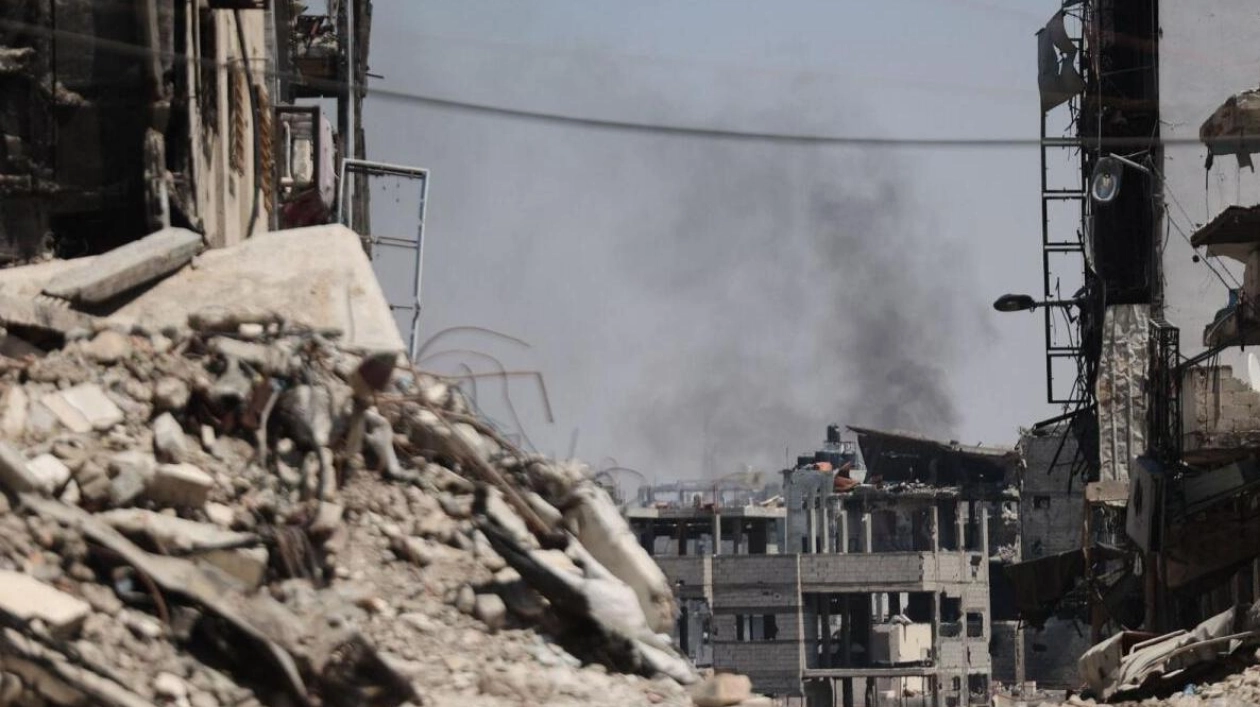
Text: Lara Palmer
29.06.2024
Israeli military operations displace tens of thousands and worsen living conditions in Gaza
